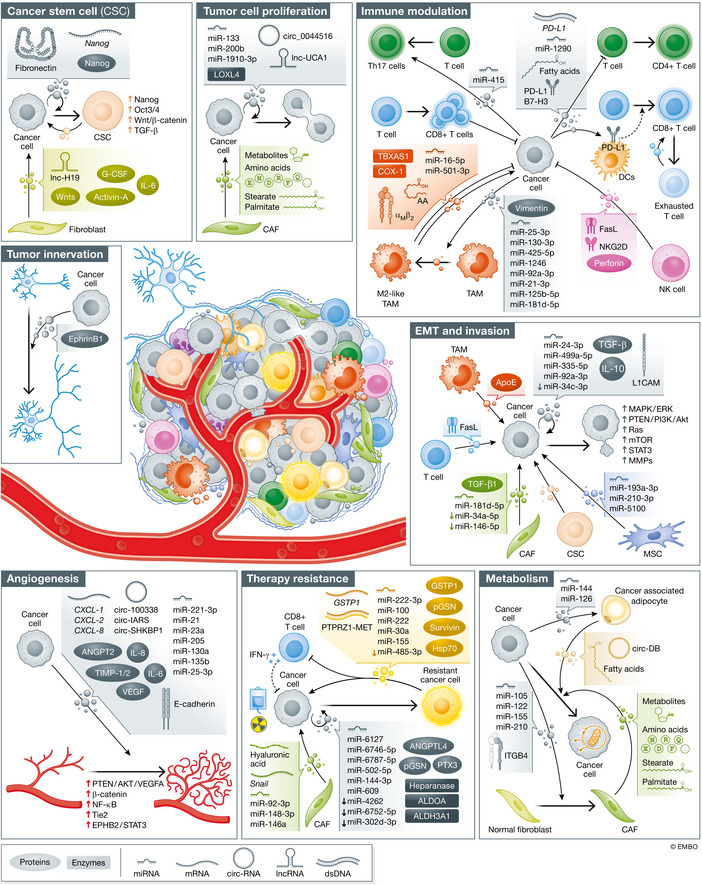Figure 3. EVPs promote multiple aspects of cancer growth.

The growth of primary tumors is positively impacted by EVPs released by tumor cells and other cells in the tumor microenvironment, including stroma cells (fibroblasts, MSCs, and adipocytes) and immune cells (TAMs, DCs, T lymphocytes, NK cells, and neutrophils). These EVPs influence tumor cells directly by promoting tumor formation and progression via different means, including maintaining CSC pluripotency, promoting tumor cell proliferation, inducing tumor cell EMT and invasion, and altering tumor metabolic demands. Additionally, cancer cell‐derived EVPs generate a favorable microenvironment permissive for local tumor expansion by promoting angiogenesis and vascular remodeling, and modulating immune functions towards a pro‐tumorigenic and immunosuppressive phenotype. Finally, tumor‐ and stroma‐derived EVPs have a central role in inducing cancer resistance to chemotherapy and radiation therapy. Several EVP cargoes have been found responsible for these pro‐tumorigenic roles, including nucleic acids (mRNAs, miRNAs, lncRNAs, circRNAs, DNAs), proteins, enzymes, surface receptors and lipids. TAM, tumor‐associated macrophage; DC, dendritic cell; NK, Natural Killer; MSC, mesenchymal stem cell; CSC, cancer stem cell.
